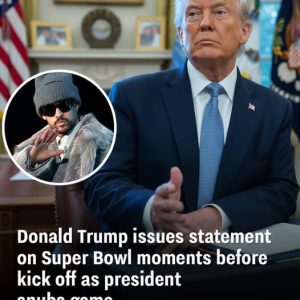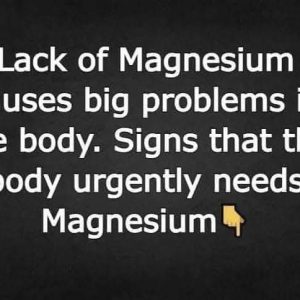In a bold and controversial statement, President Donald Trump declared his intent to crack down on Portland, Oregon, specifically targeting Antifa, which he referred to as “Paid Terrorists.” Speaking with forceful language, Trump promised to “wipe them out,” signaling a dramatic escalation in his administration’s stance toward left-wing protest groups.
Portland has experienced months of political unrest, with clashes between protesters, counter-protesters, and law enforcement. The city has become a symbol of broader national tensions over race, policing, and political extremism. Trump’s latest remarks suggest that Portland is now a central focus in his ongoing effort to portray himself as a law-and-order president.
Trump’s statement quickly ignited strong reactions. Supporters on social media praised him for taking a hard stance against what they view as organized, violent movements undermining public safety. Many expressed relief that Portland would finally be “handled,” claiming local leadership has failed to restore order.
However, critics raised serious concerns, warning that such rhetoric could inflame tensions and provoke more violence. Civil rights advocates and political analysts noted that calling American citizens “paid terrorists” without due process or evidence sets a dangerous precedent and risks eroding constitutional protections.
Trump’s framing of Portland as a “battleground” has also sparked fears about the militarization of domestic politics. Some believe the language may serve as political theater intended to rally his base, while others worry it signals a willingness to use federal power aggressively against perceived ideological enemies.
Whether this marks the beginning of federal intervention in Portland or is primarily a rhetorical strategy remains to be seen. What’s clear is that the city now occupies a volatile position in the national spotlight, caught in the crossfire of an intensifying culture war as the 2025 political season heats up.





